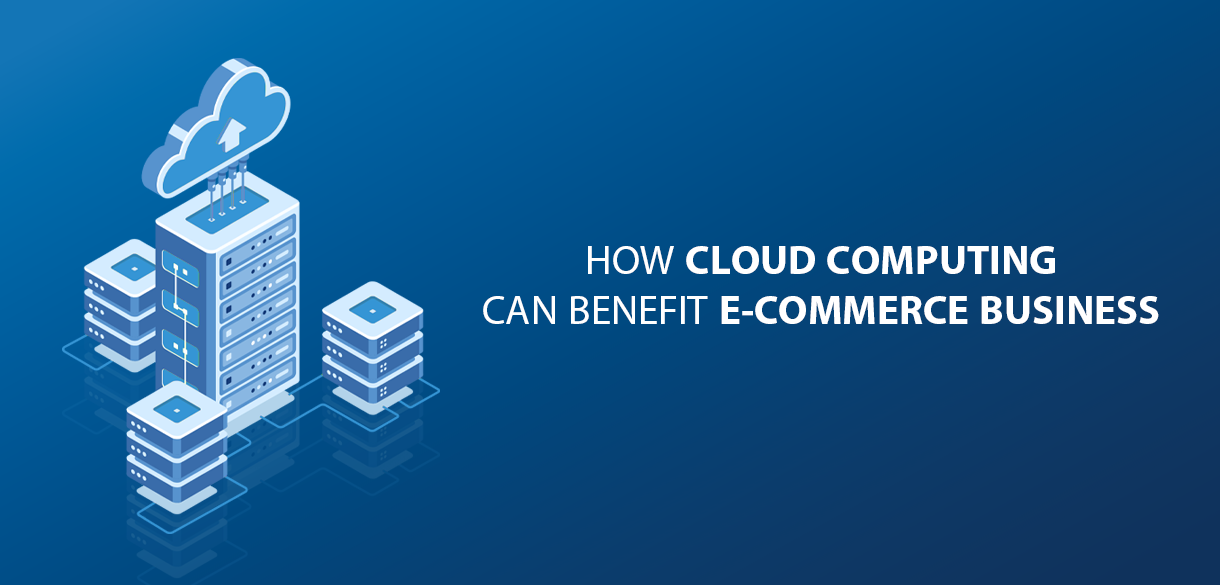There are many things to consider and invest in while launching an e-commerce store. Choosing the right hosting option is one of the most crucial decisions. When it comes to staying competitive in the ever-changing e-commerce market, you must ensure that you are always up-to-date. You must provide your customers with the best possible experience when visiting your e-commerce store in order to do this.
When consumers visit your website, they can be disappointed by a variety of factors. Inadequately organized categories and details, as well as poor design, can negatively impact the user experience and sales. The most popular reasons for leaving a page are slow loading times and poor results. As a result, an e-commerce store's three key challenges are speed, scalability, and security.
Let us discuss the top mind-blowing benefits of Cloud Computing.
1. Better Speed
The speed of your website determines whether visitors stay on it or click on another option. A website taking more than three seconds to load is likely to be abandoned by 40% of visitors. An Excellent speed enhances UX as well as sales on an e-commerce website.
The majority of ecommerce sites experience a sudden spike in traffic for a variety of reasons, which results in the site being slow or unresponsive.
Migration to Cloud computing is the solution to this critical problem. As a result, it offers a higher level of bandwidth, more computational power, and greater storage capacity.
2. Cost Savings
Once you're on the cloud, having quick access to your company's data can save you time and money when starting new projects. And, for those who are concerned about paying for functionality they don't need or like, most cloud-computing services pay as you go. This means that even though you don't take advantage of what the cloud has to offer, you won't have to spend money on it.
3. Security
A cloud host's full-time role is to carefully track security, which is much more effective than a traditional in-house system, in which an organization would split its energies among a plethora of IT issues, security being just one of them. When this is the case, keeping confidential information offsite will potentially be much better.
4. Flexibility
In general, the cloud provides more flexibility to companies than hosting on a local server. Furthermore, if you need additional bandwidth, a cloud-based service will satisfy the demand immediately rather than requiring a complicated (and costly) upgrade to your IT infrastructure. This increased independence and versatility can have a huge impact on your organization's overall performance.
5. Mobility
For better work-life balance, you can use the cloud to provide easily accessible information to sales workers who fly, freelance employees, or remote employees. As a result, it's not shocking that organizations that prioritize employee satisfaction are up to 24 percent more likely to increase cloud adoption.
6. Sustainability
Cloud Infrastructures support environmental proactivity, powering virtual services rather than physical products and hardware, improving energy efficiency, and (given that it allows employees access from anywhere with an internet connection) reducing commuter-related emissions.
7. Quality Assurance
Few items are as damaging to a company's success as low quality and inaccurate reporting. Both records are stored in one location and in the same format in a cloud-based framework. You can preserve data integrity, prevent human error, and have a consistent record of any changes or updates if everyone has access to the same information.
8. Disaster Recovery
Lost efficiency, sales, and brand reputation are all affected by downtime in your services. While there is no way to avoid or even predict disasters that could affect your business, there is something you can do to help speed up the recovery process. Cloud-based services allow for rapid data recovery in a variety of emergency situations, including natural disasters and power outages.
9. Loss Prevention
If your organization isn't investing in a cloud-computing solution, then all of your valuable data is inseparably tied to the office computers it resides in. This may not seem like a problem, but the reality is that if your local hardware experiences a problem, you might end up permanently losing your data. This is a more common problem than you might realize computers can malfunction for many reasons, from viral infections, to age-related hardware deterioration, to simple user error.
10. Competitive Advantage
While cloud computing is increasing in popularity, there are still those who prefer to keep everything local. That's their preference, but doing so puts them at a distinct disadvantage when competing with others who have the advantages of the cloud at their fingertips. If you introduce a cloud-based solution ahead of your rivals, you will be further down the learning curve when they catch up.
Conclusion
To build a strong ecommerce platform, cloud computing is essential. It overcomes major barriers of firms like scalability, cost optimization, speed, etc which directly affect the growth of all businesses.




